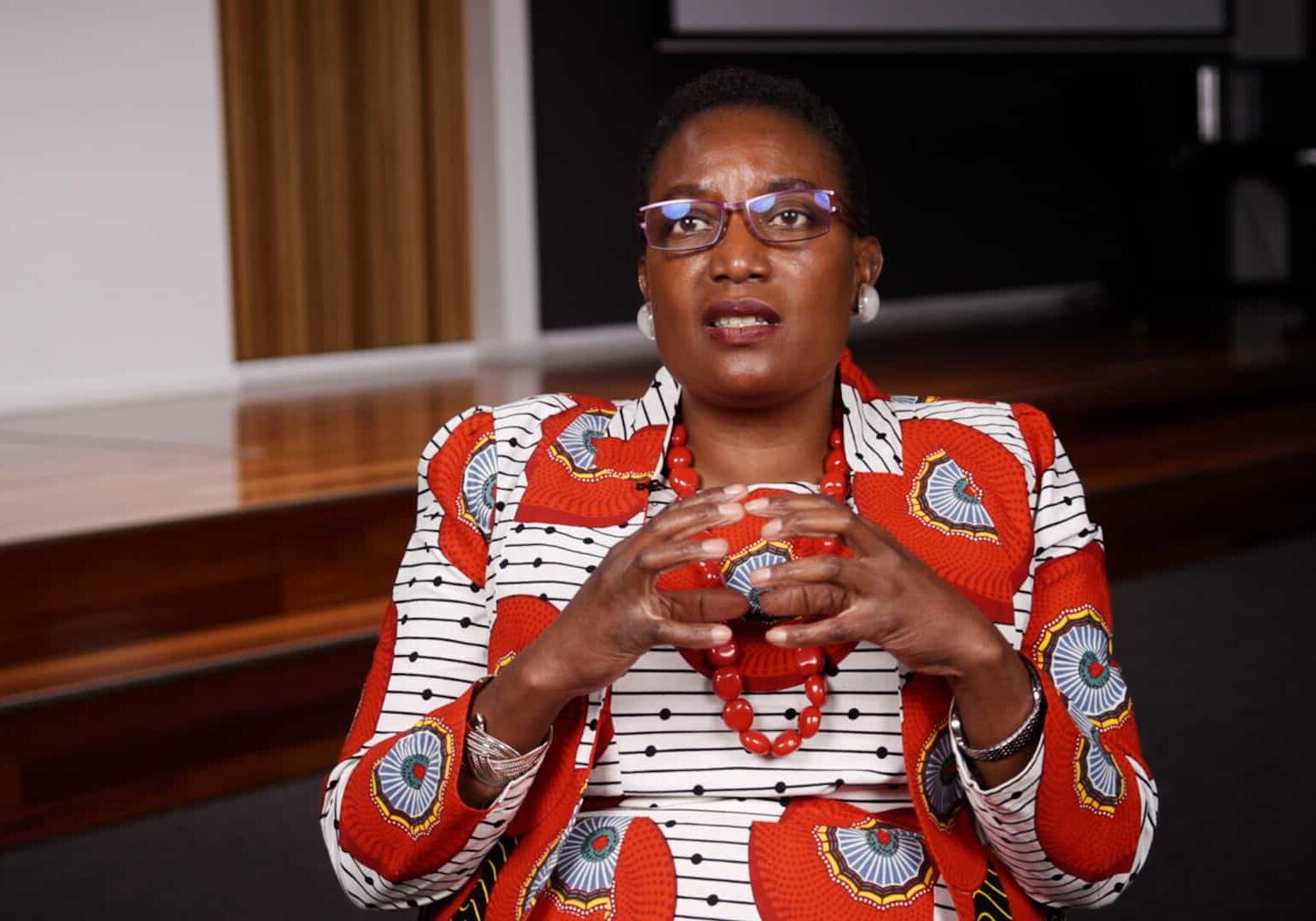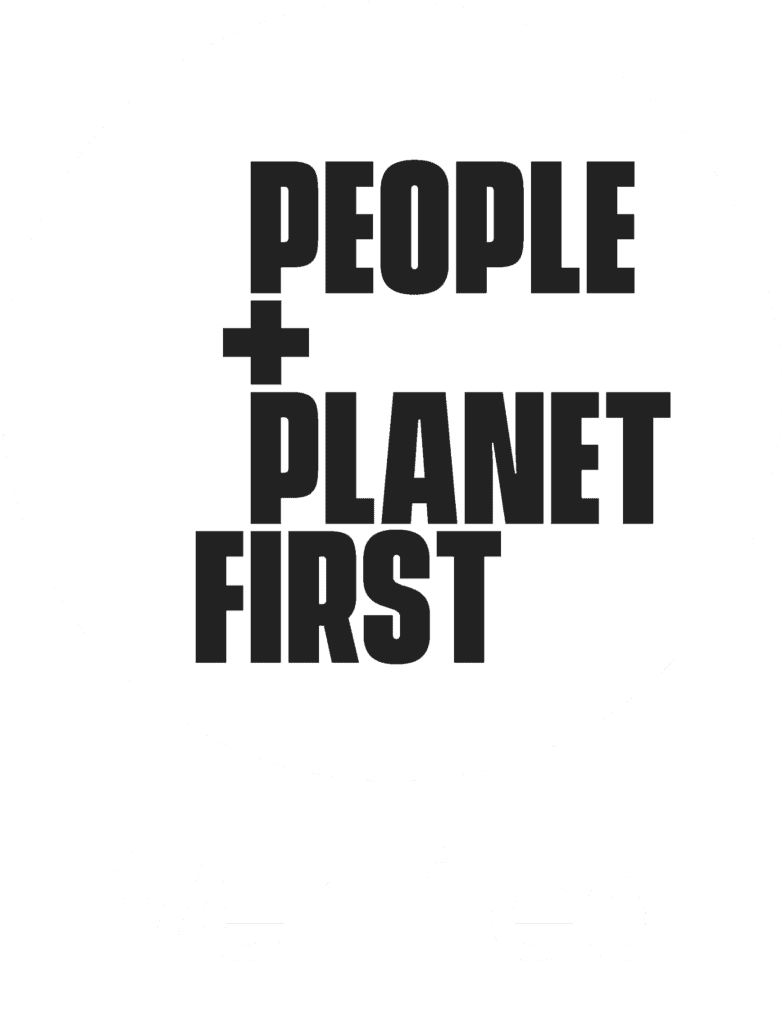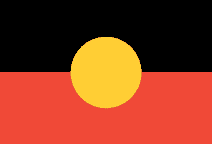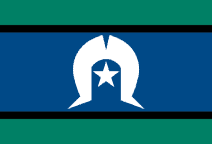A new report reveals how to shift the paradigm on inclusive employment, overcoming the barriers that people from ethnically and culturally diverse communities face.
A woman’s voice comes on the phone, breathless with excitement.
“I just got the job of my dreams!” she cries.
There is joyous laughter in the background, and singing. The woman, one of the Mamas at not for profit Afri-Aus Care in Melbourne’s south east, was homeless just three weeks ago and had been struggling with her mental health; now with a new job that is sensitive to her experience and culture, her life has been completely turned around.
Her joy is infectious. Selba-Gondoza Luka, founder of Afri-Aus Care, returns to the phone. She is proud of her friend’s achievement.
“We are just happy people. Very happy people,” she says.
The power of employment to change lives is never more evident than in those with less privilege and power. And communities that face extra barriers, like ethnically and culturally diverse communities, need a bit more support to ensure a successful employment journey.
A recent report out of RMIT University’s School of Global, Urban and Social Studies College of Design and Social Context titled ‘Wraparound Service Co-Design: Supporting Sustainable Employment of Ethnically & Culturally Diverse Communities’, led by Associate Professor Ronnie Egan, reveals what is needed to ensure successful employment journeys for this cohort. The research aimed to identify a framework for wraparound services to support employees from ethnically and culturally diverse communities in the Dandenong area to find and retain employment. In an embodiment of the spirit of the research, it was co-designed with the communities it focused on and framed through the principles of the Ubuntu philosophy: ‘I am, because we are’.
This co-design approach was particularly praised by Selba-Gondoza as offering a fresh perspective on what works in employment.
“It had to come from the Mamas, the challenges they face. [The researchers] had to know what the challenges are to get employment, from the Mamas,” she explained.
Interlinked barriers
Funded by Jobsbank and its industry partner Ability Works (through a Westpac Foundation Community Grant), the report highlights that members of ethnically and culturally diverse communities face intersectional and multi-causal barriers to employment, including inadequate
transport (personal or public), inaccessible childcare, workplace socialisation difficulties and discrimination. Further, these barriers are not new; the findings reflect challenges identified in previous research.
Selba-Gondoza has witnessed the impact of these barriers first-hand.
Her programs at Afri-Aus Care focus on finding employment for the ‘Mamas’, refugee and asylum seeker women from Africa. Finding employment is seen as key to addressing mental health issues and creating feelings of belonging and independence.
Part of Afri-Aus Care’s process for finding employment for the Mamas was to look for opportunities that met the needs of the women, to increase their chances of keeping that job. This was later reflected in the research conducted by RMIT.
Working with the researchers, Selba-Gondoza and the Mamas demonstrated the importance of wraparound supports to help sustain employment -things like developing trusting bonds between employers and employees and respecting other cultures.
“If people know that women need to be helped this way and it is evidence-based, a lot of companies might take the same way of assisting the Mamas,” she explained.
“What differentiates us is availability of opportunities. It’s about knowing what someone is going through and supporting them with all your heart.”
As part of the research, participants from Afri-Aus Care and a number of other CALD community organisations were offered a variety of positions to choose from at Ability Works. Their choices aligned with their skills and desires; for example, many women chose packing work because it only requires basic English and no experience, and also provides social interaction opportunities.
Participants were also asked what they needed before starting work, what they need while working and what they need to motivate them to stay in a role. The results demonstrate the importance of wraparound support.
Participants noted flexibility and awareness of childcare responsibilities as vitally important, including workplace adaptations for people with disability, and flexibility around school hours. They also identified a need for transport solutions, a uniform, money to cover travel costs like Myki and the right qualification and training to perform the role.
Culturally and physically safe and respectful environments were identified as being important once an individual was in a job.
Finally, participants said safety, security of job tenure, a sense of belonging and opportunities for growth would motivate them to stay in a role.
Co-designing the research
Chief Investigator for the research, Associate Professor Ronnie Egan, told JobsBank the codesign approach taken to the research was vital to its success.
“That ongoing collaboration, the partnership or relationships with community members who were involved… allowed us to hear those voices from the ground up,” she explained.
She said the perspective of vulnerable communities is often missing from projects designed to help them – something this research set out to change.
The views provided by participants in the research helped Ronnie and her team to identify the micro, macro and meso-level issues that throw up barriers to employment – and how these could be solved.
Initially, the researchers created a reference group comprising people drawn from the targeted communities, and designed a range of ways to communicate with them. These included things like cards featuring prompts about issues related to employment. The researchers then hosted a series of discussions with the reference group and three focus groups about what enables sustainable employment. From there, they pulled out the consistent themes highlighted by each group to feature in the research.
Another key to the success of RMIT’s approach is its place-based focus. Centred on communities in and around the City of Greater Dandenong, which is one of Victoria’s most diverse municipalities, the research brought together multiple different language and cultural groups. Ronnie is confident it could be replicated in other diverse communities, provided that place-based approach is maintained and adapted to the local community.
One of the major findings of the RMIT report was that the barriers faced by marginalised communities haven’t changed for around a decade. Ronnie believes that with these issues so strongly confirmed, it’s time for change. She said there are examples around the world of employers and communities collaborating to eliminate barriers to sustainable employment, for example by providing on-site childcare or transport options for those without a licence – proving just what’s possible when codesign meets the will to make things work.
How employers can help
The report found a multi-pronged approach is needed to address the micro (individual and family), meso (group, organisational, community), and macro (social structures, institutions, systems) barriers that prevent ethnically and culturally diverse communities from finding and maintaining employment.
Any inclusive employment support must be co-created with the identified community; designed around the person; culturally respectful and responsive; and take a place-based approach. It must involve all stakeholders: governments, industry, health and community services, and the
community. And it should address the major barriers of childcare, transport, workplace socialisation and education, and provision of a healthy and supportive work environment.
With specific recommendations against each barrier, the report provides a model that can be replicated by other employers looking to hire a diverse workforce. It also demonstrates the power of co-design principles and truly inclusive outlooks.
“The employer needs to understand the needs of the person they are employing. If they come with an accent, don’t look at their surname – look at what they are saying. Look at what they are capable of doing. Listen very attentively and also accommodate their needs,” Selba-Gondoza said.
And once they’ve found a job, if they are treated with respect and provided with the means to overcome their barriers, they will stay, she added.
“These Mamas, they don’t call in sick easily. They don’t change jobs easily either. When they like it, they will stay there.”
Learning on the job
Ability Works CEO Sue Boyce said the not for profit social enterprise joined the research project because the organisation is looking to begin operations in the Dandenong area, and had previously conducted an employment pilot with the African community in the area.
Ability Works quickly learned about the barriers that employees faced, particularly in the area of transport.
“We decided… we had to tackle this properly… co-design a facility with the community to really understand how to get them into employment,” she said.
Sue said the organisation now understands more about the place-based disadvantage that the community experiences.
“I’ve been quite shocked as to how complex this is… all the barriers are all interlinked. And if you change one little thing somewhere, it can completely change the outcome somewhere else. Employers have to collaborate and work together. You need government, you need business and the communities all working together and collaborating if we’re going to fix this, and it’s not going to happen overnight,” she said.
The RMIT framework provides a sort of action plan for employers like Ability Works to progress on their inclusive employment journey. Now with a roadmap to success, Ability Works is considering ways to further remove the barriers new employees might face, for example by working with a local community centre to fast-track English language courses to improve
employees’ skills and joining forces with social enterprise SisterWorks to provide childcare for workers.
Associate Professor Ronnie Egan said she hopes the report reinforces the ethos of “nothing about us without us”.
“The main thing is around collaboration and partnership with the community to actually understand what the issues are,” she said.





